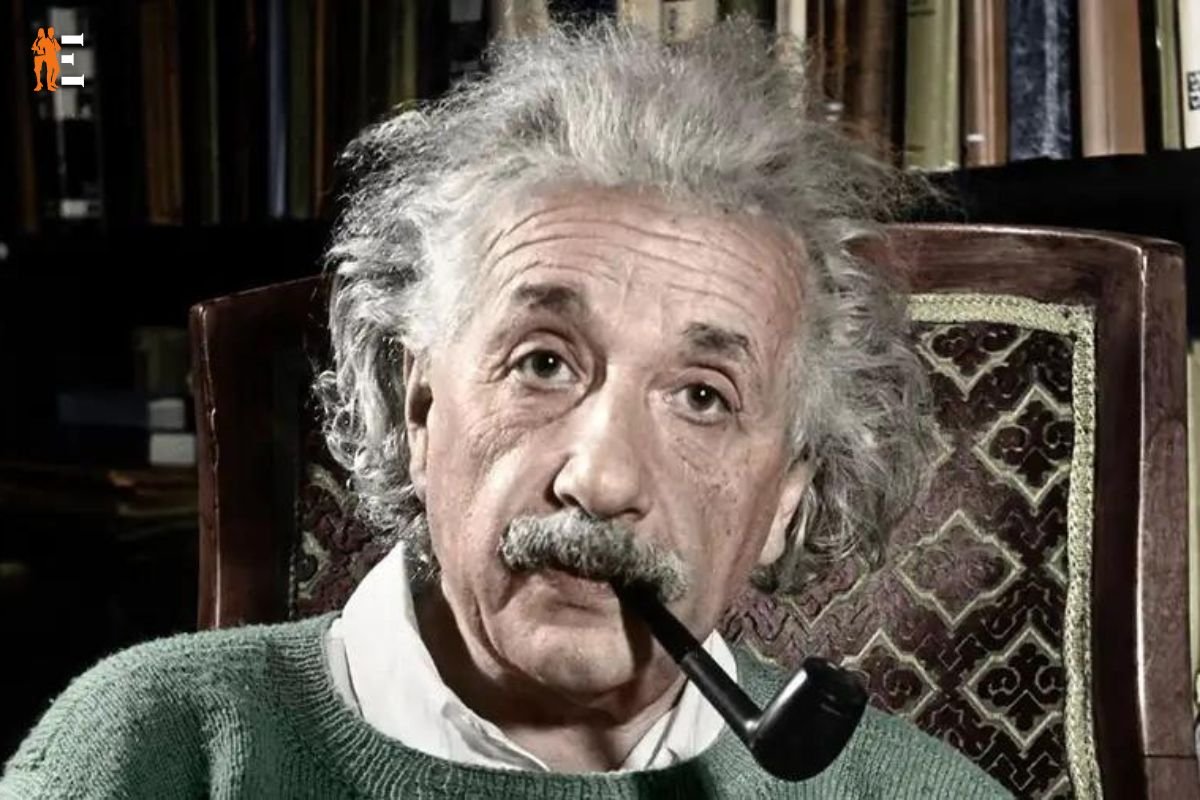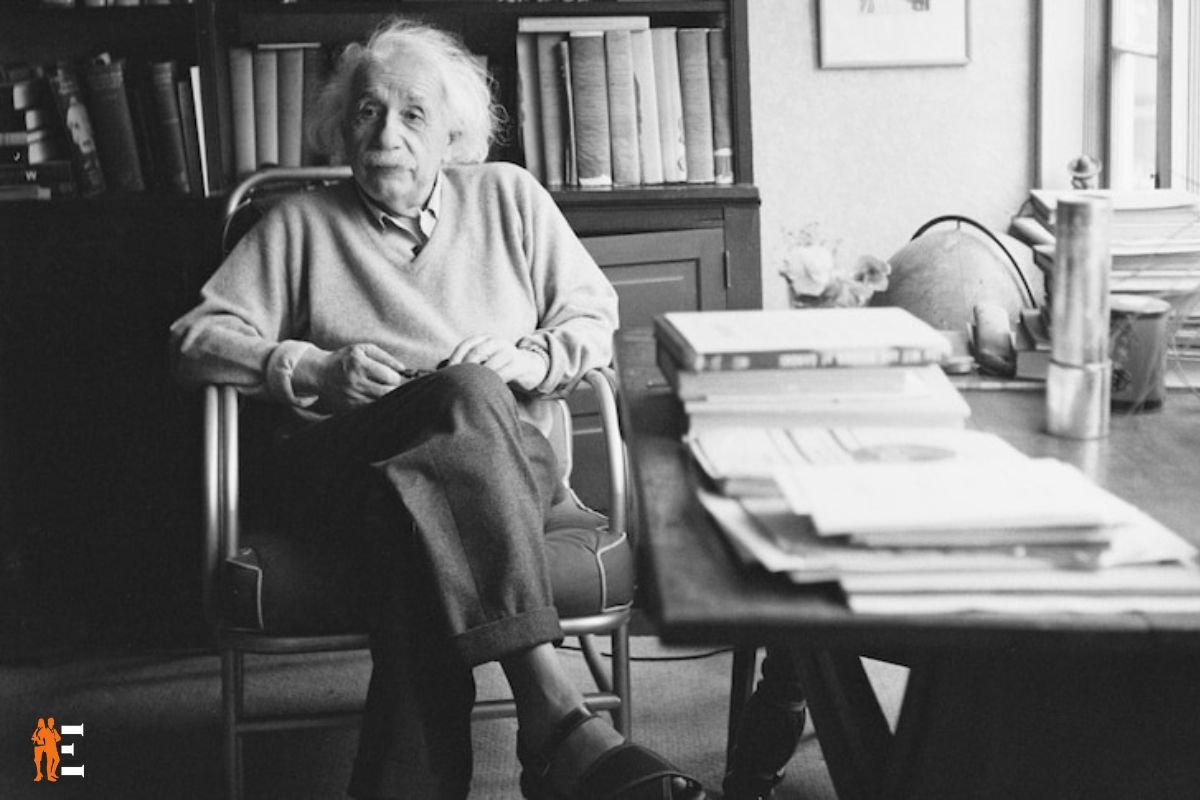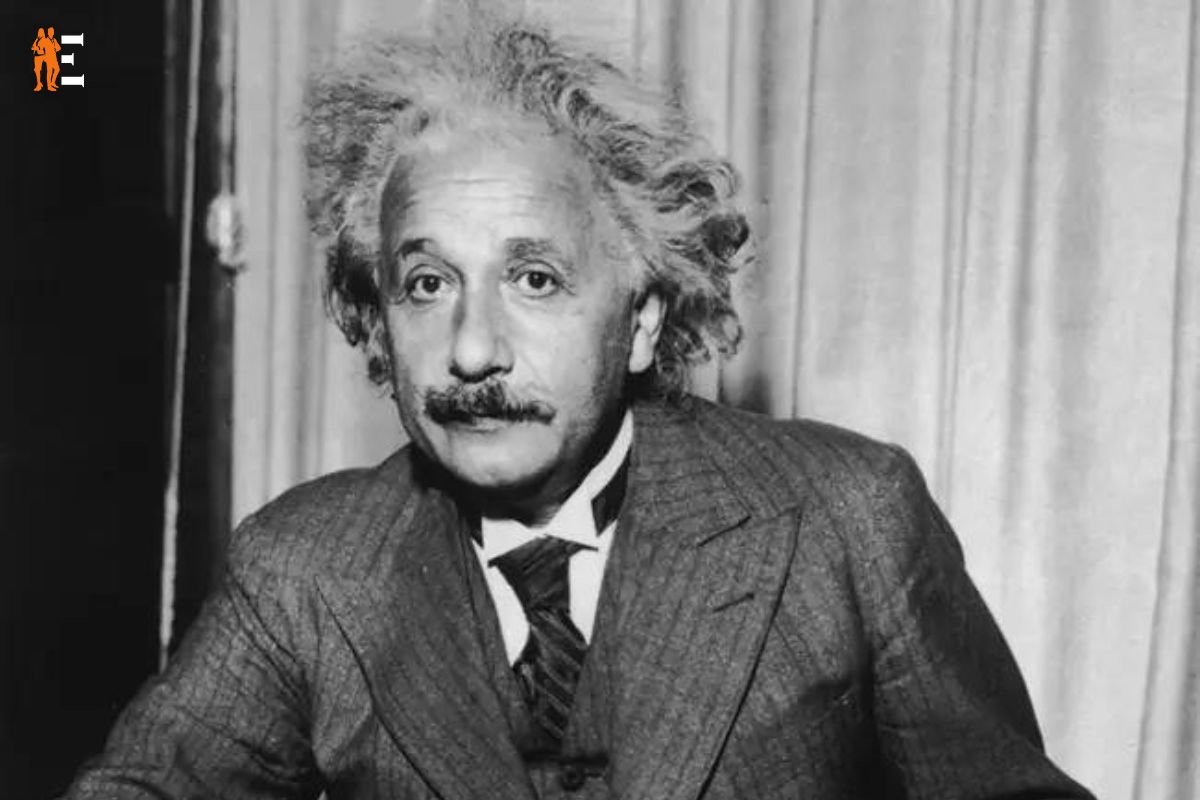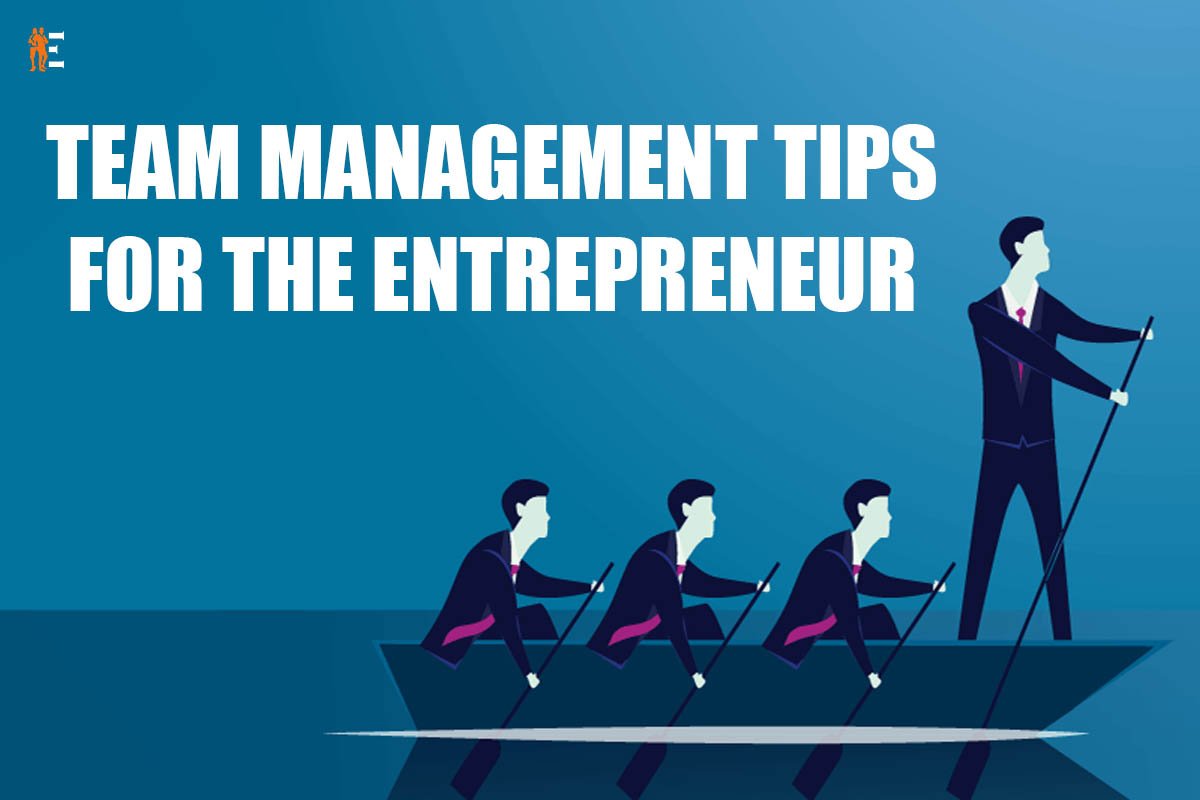Work Ethic of Albert Einstein, Ralph Morse knew he had to move as soon as he hung up the phone. He was still 90 miles away, but people would soon start to hear about what had happened. Albert Einstein had just died.
Morse worked for LIFE Magazine as a photographer. He drove as quickly as he could to Princeton, New Jersey, but by the time he got there, other reporters had already heard about it. Morse would later talk about what happened and say,
“Einstein died at Princeton Hospital, so that was the first place I went. But it was a mess, with reporters, photographers, and people just watching. So I went to the Institute for Advanced Studies, where Einstein worked, to talk to him about Work Ethic of Albert Einstein. I bought a case of scotch at a store along the way. I knew people might not want to talk, but most people are happy to help if you give them a bottle of alcohol instead of money. So, when I got to the building, I found the superintendent, gave him a fifth of scotch, and he opened the office right away.”
Morse took a picture of the desk where Albert Einstein had been working just hours before he walked into Einstein’s office.
Einstein’s body would be burned before anyone could take a last picture of him, but no one knew that yet. So, Morse’s photo of Einstein’s desk would soon become the last iconic image of the great scientist’s life.
How Albert Einstein did his work and Work Ethic of Albert Einstein
Einstein’s abdominal aortic aneurysm burst, which caused internal bleeding. This was a condition he had been dealing with for years.
Einstein had surgery in 1948, seven years before he died, to fix the “grapefruit-sized” aneurysm so it wouldn’t burst. One doctor who knew about Einstein’s case wrote, “For a number of years, he had suffered from attacks of upper abdominal pain that usually lasted for two to three days and were often accompanied by vomiting. About every 3 or 4 months, these attacks would happen.”

Work Ethic of Albert Einstein, even though he hurt, Einstein kept working. He kept writing papers until the 1950s. Even on the day he died in 1955, he was still working on a speech he was going to give on Israeli TV. He even brought a draft of the speech with him to the hospital. The draft speech, which you can see below, was never finished.
Contributing vs. Consuming
“Try not to be a successful man. Instead, be a man of worth.”
Albert Einstein
The general theory of relativity, Einstein’s most well-known contribution to science, came out in 1915. In 1921, he was given the Nobel Prize. Yet, instead of thinking he was done, Work Ethic of Albert Einstein made contributions to the field for 40 more years.

Albert Einstein kept getting every bit of greatness out of himself right up until the moment he died. He never sat back on his achievements. He kept working even though he was in a lot of pain and could have died at any moment.
Everyone has something they want to share with the world, something that makes them feel alive on the inside and helps others on the outside. This thing, or “calling,” should be something you do until your last breath. You could do it for a living, like Einstein did. It could be a way to be creative, like Vivian Maier did. It could be the way you treat the people in your life.
No matter what it is for you, our lives were meant to be spent making a difference in the world, not just taking what other people make.
“I have done my share.”
Einstein’s doctors suggested that he try a new surgery that had never been done before as a last chance to save his life. Einstein just said, “I’ve done my part. It’s time for me to go.” I’ll do it with style.”

We don’t know how important our work will be to the world. That’s alright. Work Ethic of Albert Einstein says that we shouldn’t be judging our own work. It is our job to make it, to put everything we have into it, and to get as good as we can at what we do.
We all have the chance to get as much greatness as we can out of ourselves. Everyone has a chance to do their part.











